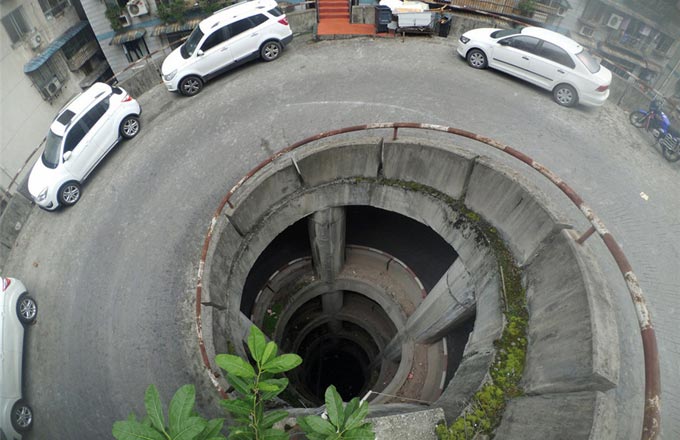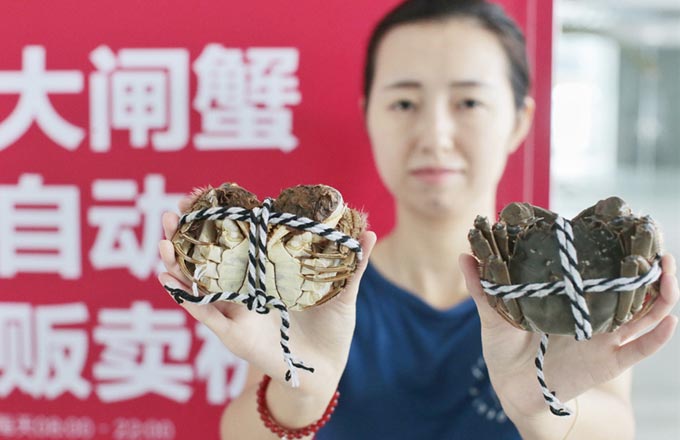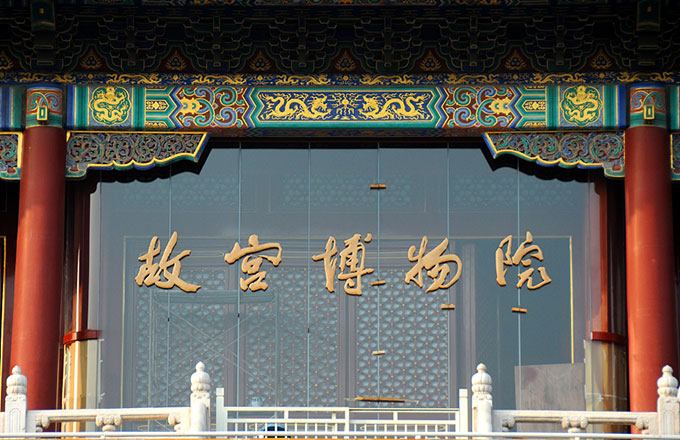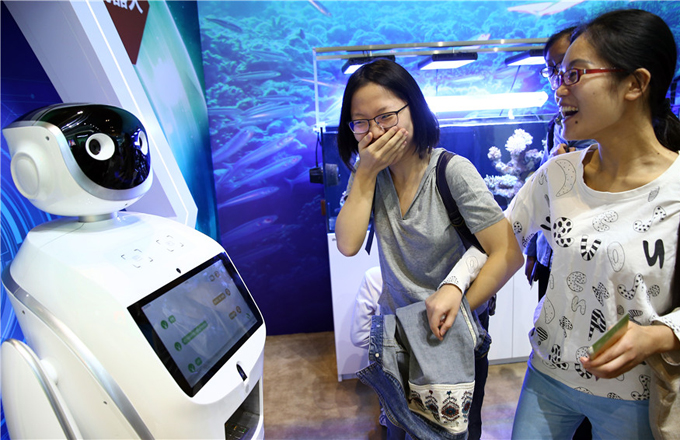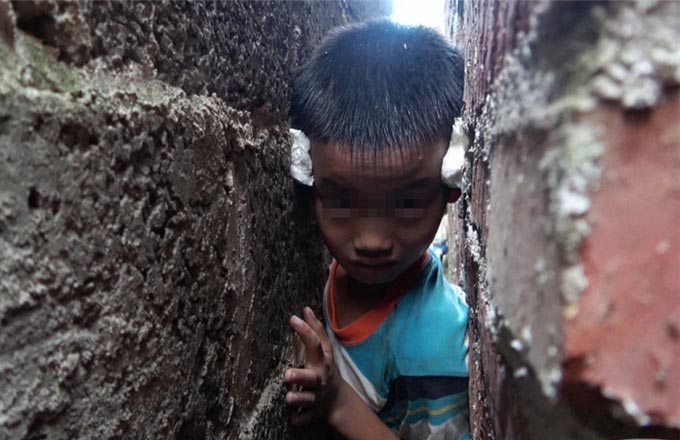Artificial intelligence aids detection of fakes
The growing ability of Alibaba's artificial intelligence system to recognize Chinese characters allied with its improved image-recognition technology mean fewer counterfeit goods are appearing on Taobao, a company official said.
Every day, about 50 million items are uploaded for sale on Taobao, the e-commerce giant's online shopping portal, but the number of items blocked on suspicion of being counterfeit is even higher, according to Zheng Junfang, Alibaba's chief platform governance officer, speaking at a media briefing on Tuesday.
"Part of the reason is that some individuals keep trying to upload such items and attempt to get through the screening process, but our AI technology provides a strong protective barrier," she said.
When products are released on the platform, those deemed to be copycats or fake - based on information such as names, detailed descriptions and price - are immediately blocked.
"For example, in one type of online knockoff the names of several famous brands are included in the title, which makes it obvious that the product is problematic. That means our system won't let it go through," said Qian Lei, senior director of Alibaba's platform governance department.
Notable features of products, such as all-cottons, silks and lowsugar goods, are selling points that can influence consumers' decisions, Qian said. Therefore, industry standards have been introduced to the AI system to determine whether the products are legitimate or fake.
"For example, some retailers may write slogans or labels that indicate the goods are counterfeit, such as 'LYU' for LV bags," he said.
In Pinyin, the system of romanization that converts Chinese characters into English, "LV" is rendered "LYU", and the use of the three letters on products alerts Alibaba's system to the possibility that the goods may be fake.
In such cases, the system automatically stops the description from being uploaded.
Qian added that individuals with poor credit records are blocked when they apply to open a store on Taobao.
People with a history of selling fake products on the platform are prohibited from re-entering the online marketplace, but some individuals borrow ID cards to register as a "new" store manager.
"Now, we ask everyone who applies to start a business on the platform to take a real-time photo. Then our AI system compares it via biometric techniques to ensure that the face shown matches the portrait on the ID card," he said.


